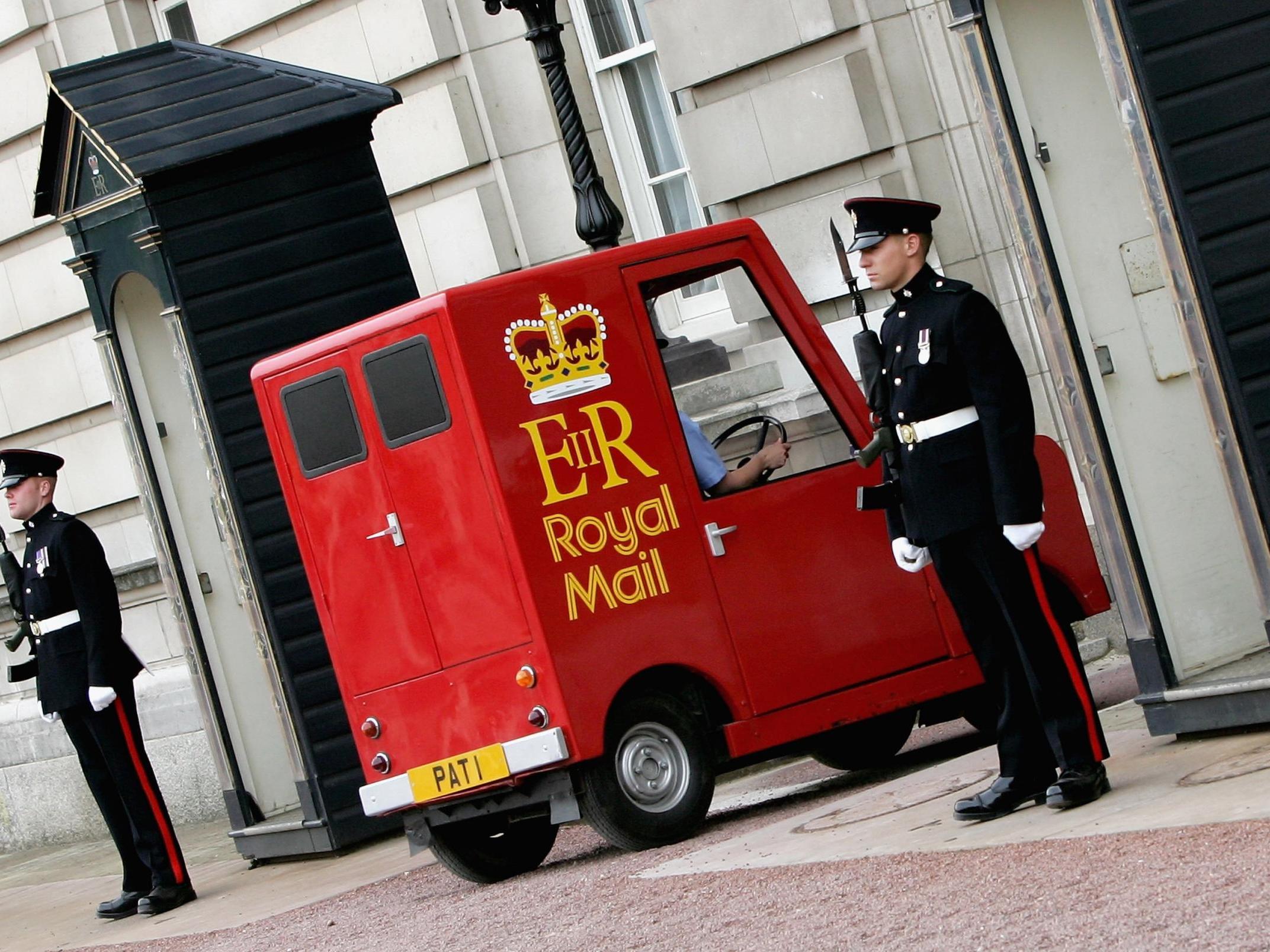Mea Culpa: too many words in a royal headline
Questions of style and usage in last week’s Independent


It was always a myth that The Independent refused to report royal stories. When we were founded in 1986, Andreas Whittam Smith, the editor, said the newspaper had a “tinge of republicanism” and that he wanted to avoid “fawning” coverage of the royal family.
So we continue to report on them when we think it is in the public interest. Last week, we reported the decision of an Australian court that correspondence between the Queen and the governor-general should be published. Our headline read: “Queen’s ‘secret palace’ letters should be public, court rules.”
The quotation marks in the headline are in the wrong place. It is the letters that are secret, not the palace. So it should be: “Queen’s ‘secret’ palace letters should be public, court rules.” But we are not finished yet. Why do we need quotation marks at all? There is no doubt that the letters are currently kept secret, so we don’t need the distancing punctuation to suggest that this is somebody else’s opinion. In any case, it is apparent that the letters are secret, because the court ordered them to be published, so we don’t strictly need “secret” at all, except that it makes it all sound more exciting.
Then there is “palace”. This is a reference to Buckingham Palace, so it should probably have a capital P. However, it is really a metonym: when something is referred to by the name of something associated with it, such as Downing Street to mean the government. In this it is describing the letters – they were sent from the Palace, that is, from the Queen.
So the headline has come down to: “Queen’s letters should be public, court rules.”
Non-usage: In further coverage of the royal family, we reported an interview with Prince William in which he said his poor eyesight helped him overcome anxiety when giving speeches, because the faces in the audience became a blur. We quoted him as saying: “I didn’t used to wear contacts when I was working …” Thanks to Paul Edwards for pointing this out, which was taken from a news release. It was probably impossible to tell whether the Duke of Cambridge said “I didn’t use to” or “I didn’t used to”, but our transcription should follow the conventional form.
“I used to” when in the negative becomes “I didn’t use to”, which is a relic of a present-tense “use to” that “used to” be used in English, but isn’t any more except in this negative form.
Most irregular: In non-royal news, we continue to use “regularly” when we mean “frequently”. In a report of prescription drugs in prisons, we said that “tales of addicted inmates reduced to zombie-like states, prone to sudden outbursts of violence, regularly make the headlines”. These are frequent events, but they are not timetabled.
In a review of The Shining, which was released 40 years ago last week, we said it induces “a sense of mounting hysteria in audiences who’ve regularly voted this the scariest movie ever made”. I think the word we were looking for was “consistently”.
As regular readers will know, I am an indulgent pedant, and I fully accept that, if people use a word to mean something frequently enough, that is what it means. But I think we have yet to reach that point with “regularly”.
Join our commenting forum
Join thought-provoking conversations, follow other Independent readers and see their replies
Comments